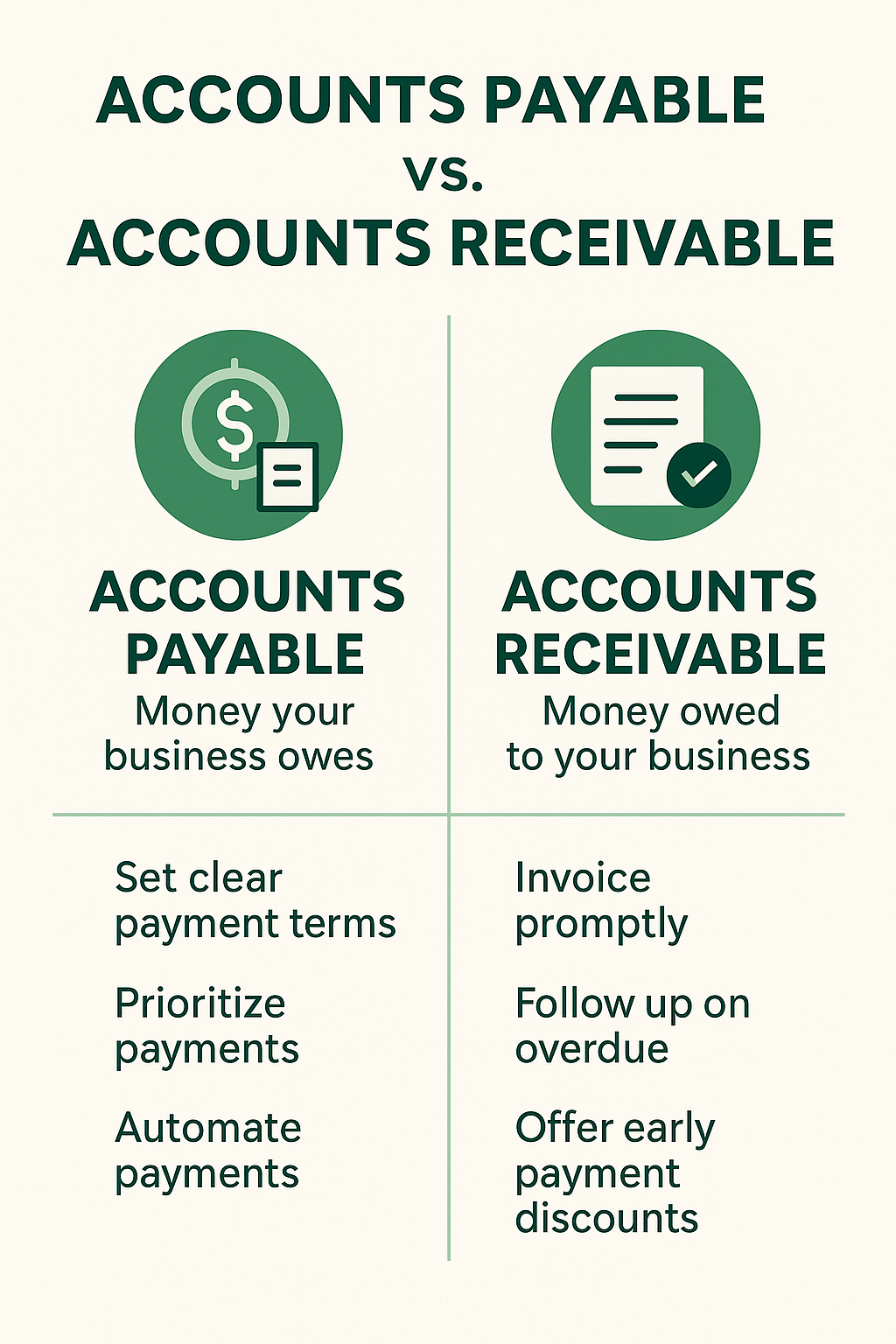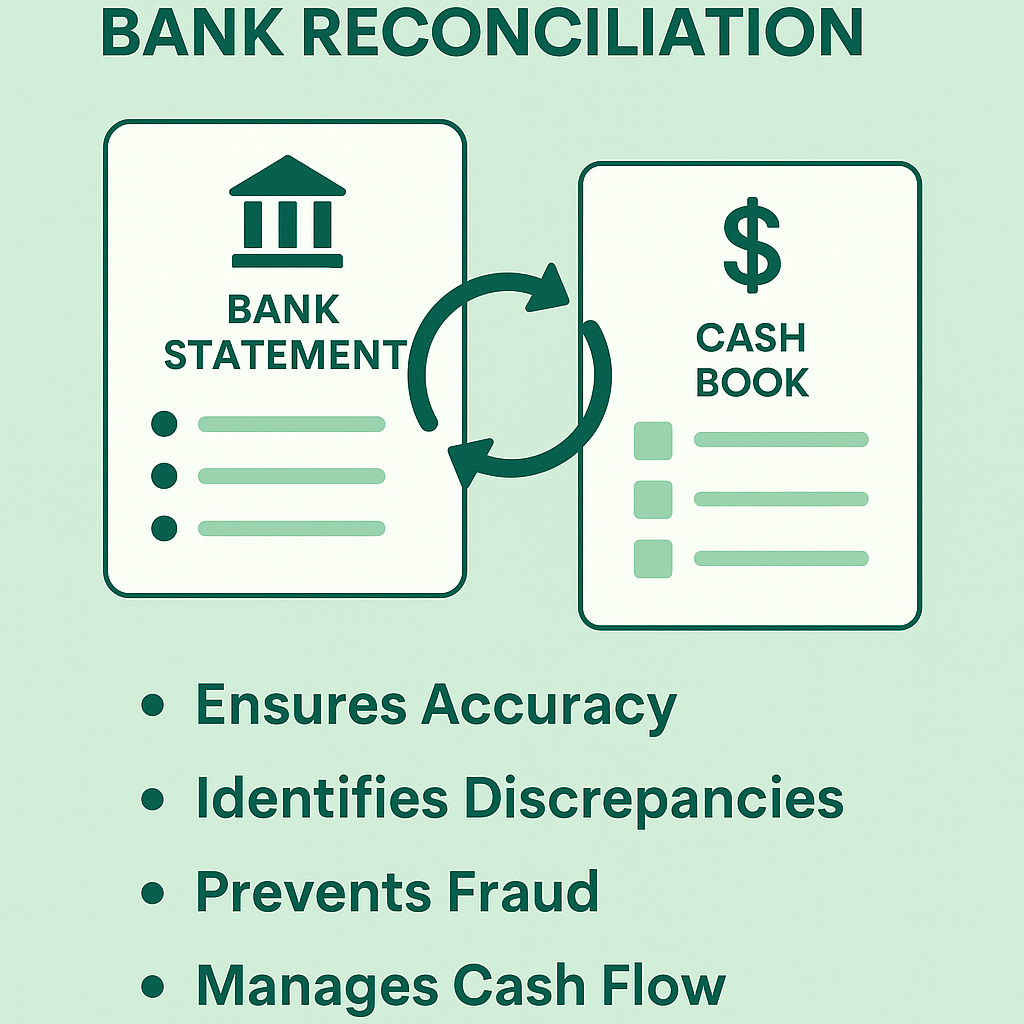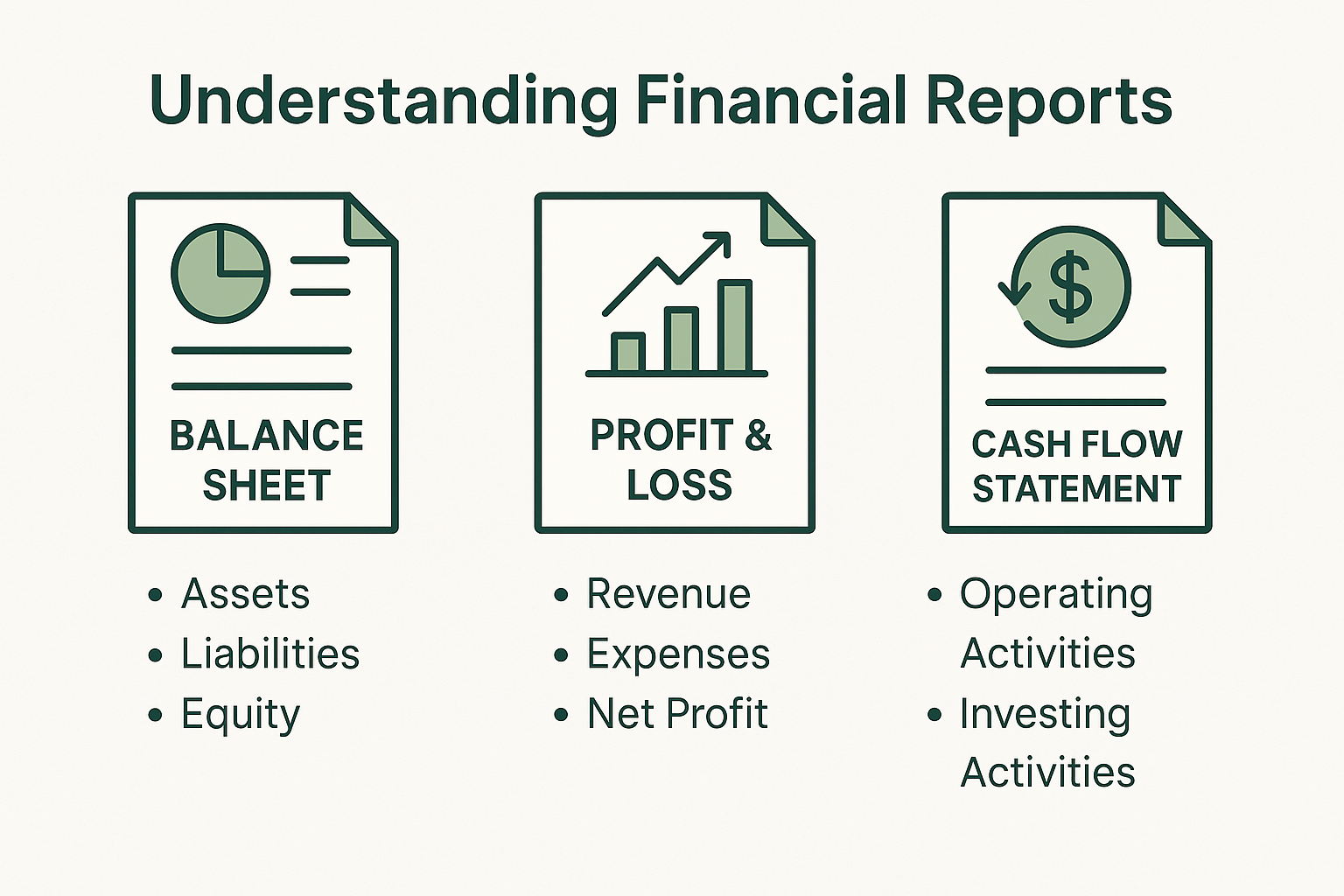After Tax Season: Get Your Books in Order
After Tax Season: Get Your Books in Order
Tax season is over—and if it felt chaotic, disorganized, or expensive, you're definitely not alone. For many business owners, tax season becomes a wake-up call. Scrambling through receipts, missing income records, or realizing you could’ve claimed more deductions is frustrating.
But here's the good news: what you do now can set the tone for a better, more profitable year.
Let’s talk about how staying on top of your bookkeeping after tax season makes all the difference.
🔹
What is Cloud Accounting?
Cloud-based bookkeeping software, such as
QuickBooks Online, Xero, and FreshBooks, allows businesses to store their financial data securely on the cloud.
🔹
How It Benefits Small Businesses:
✅
Real-time access to financial records from any device, anywhere.
✅
Automatic syncing with bank accounts and credit cards for seamless transaction tracking.
✅
No risk of data loss—everything is securely backed up online.
✅
Easier collaboration with accountants and bookkeepers without in-person meetings.
💡 Why It Matters: Instead of waiting until the end of the month to check finances, business owners can monitor their cash flow in real time, allowing for smarter decision-making.
2. AI Automation: Reducing Manual Work & Human Errors
🔹
What is AI-Powered Bookkeeping?
Artificial intelligence (AI) is changing the bookkeeping landscape by automating repetitive tasks such as
data entry, transaction categorization, and invoice processing.
🔹
How AI Helps Small Businesses:
✅
Automatically categorizes transactions, saving hours of manual work.
✅
Reduces human errors, ensuring accurate financial records.
✅
Flags unusual transactions to detect fraud or mistakes.
✅
Saves time on reconciliations, matching bank transactions with books effortlessly.
💡 Why It Matters: With AI-driven automation, small businesses can cut down on bookkeeping time and focus more on growth and strategy.
3. Digital Tools for Streamlined Financial Management
🔹
What Are Digital Bookkeeping Tools?
From
receipt-scanning apps to
integrated payroll software, digital bookkeeping tools help businesses manage their finances efficiently.
🔹
Examples of Essential Tools:
📌
Expensify & Receipt Bank – Scan and store receipts digitally, eliminating paperwork.
📌
Gusto & ADP – Automate payroll and tax filing for employees.
📌
Bill.com – Manage invoicing, payments, and vendor transactions seamlessly.
💡 Why It Matters: These tools simplify financial management, reduce administrative burdens, and help businesses stay organized and tax-ready.
4. Data Security & Compliance: Protecting Financial Information
🔹
Why Security Matters in Digital Bookkeeping
Financial data is sensitive, and businesses must ensure their records are
secure and compliant with tax laws.
🔹
How Digital Systems Improve Security:
✅
Encrypted cloud storage protects data from cyber threats.
✅
Two-factor authentication (2FA) adds extra security layers.
✅
Automated audit trails ensure financial transparency.
✅
Easier tax compliance with built-in reporting tools.
💡 Why It Matters: Digital bookkeeping reduces the risk of financial fraud, ensures compliance with regulations, and gives business owners peace of mind.
5. Why Small Businesses Should Embrace Digital Bookkeeping
If you’re still relying on manual bookkeeping, it’s time to consider the benefits of going digital:
🚀
Save time – Automate repetitive bookkeeping tasks.
📊
Improve accuracy – Reduce human errors and ensure compliance.
💰
Enhance cash flow management – Get real-time financial insights.
📱
Access finances from anywhere – Cloud-based systems keep you connected.
By embracing cloud accounting, AI automation, and digital tools, small businesses can stay competitive, improve efficiency, and achieve long-term financial success.
💡 Need help transitioning to digital bookkeeping? Let’s set up a system that works for your business. Contact me today!
#Bookkeeping #SmallBusiness #DigitalFinance #CloudAccounting #AI #FinancialSuccess #SihamkamiBookkeeping



